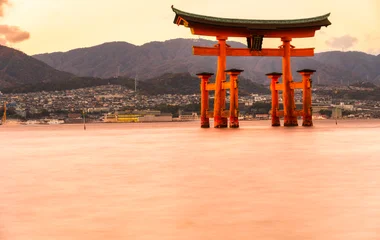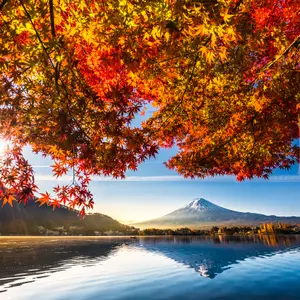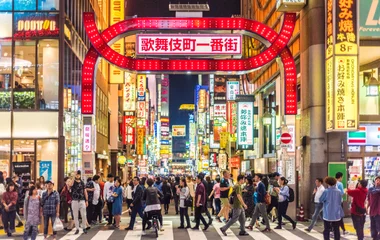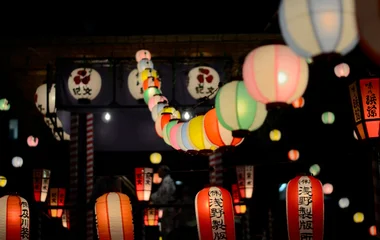
The religion in Japan is strict and spiritual
Japan has a population of more than 126 million people. The Japanese experienced a period of immigration from China, the Pacific and Korea. You can explore the homogenous religion in Japan during your holiday in this peculiar region. The traditional religion of Japan is Shintoism which involves the worship of various ancestors and gods and attaches great importance to the natural environment and the Emperor. Due to the influence of China, Buddhism is another important religion in Japan. Catholicism is also present, even though it is a minor religion in Japan.
The culture in Japan is nourished by the spiritual dimension of religion. As you explore Japan, you will be captivated by its peculiar atmosphere which is filled with wisdom and meditation. Globetrotters will enjoy this great setting. The Japanese people pattern their lives after the spiritual practice of Buddhism. When you visit Japan, you may be astonished at the perfect architectural harmony between the big buildings, sanctuaries and temples. This is really an immersive experience of the modern and traditional history of Japan.
Did you know? The Japanese are masters of calligraphy
Calligraphy is an art that has been practised since the 6th Century. This writing technique is skilfully mastered by a large part of the population in Japan. It is passed on from generation to generation and has given rise to great works. Calligraphy remains a very important part of the history and culture of Japan.




